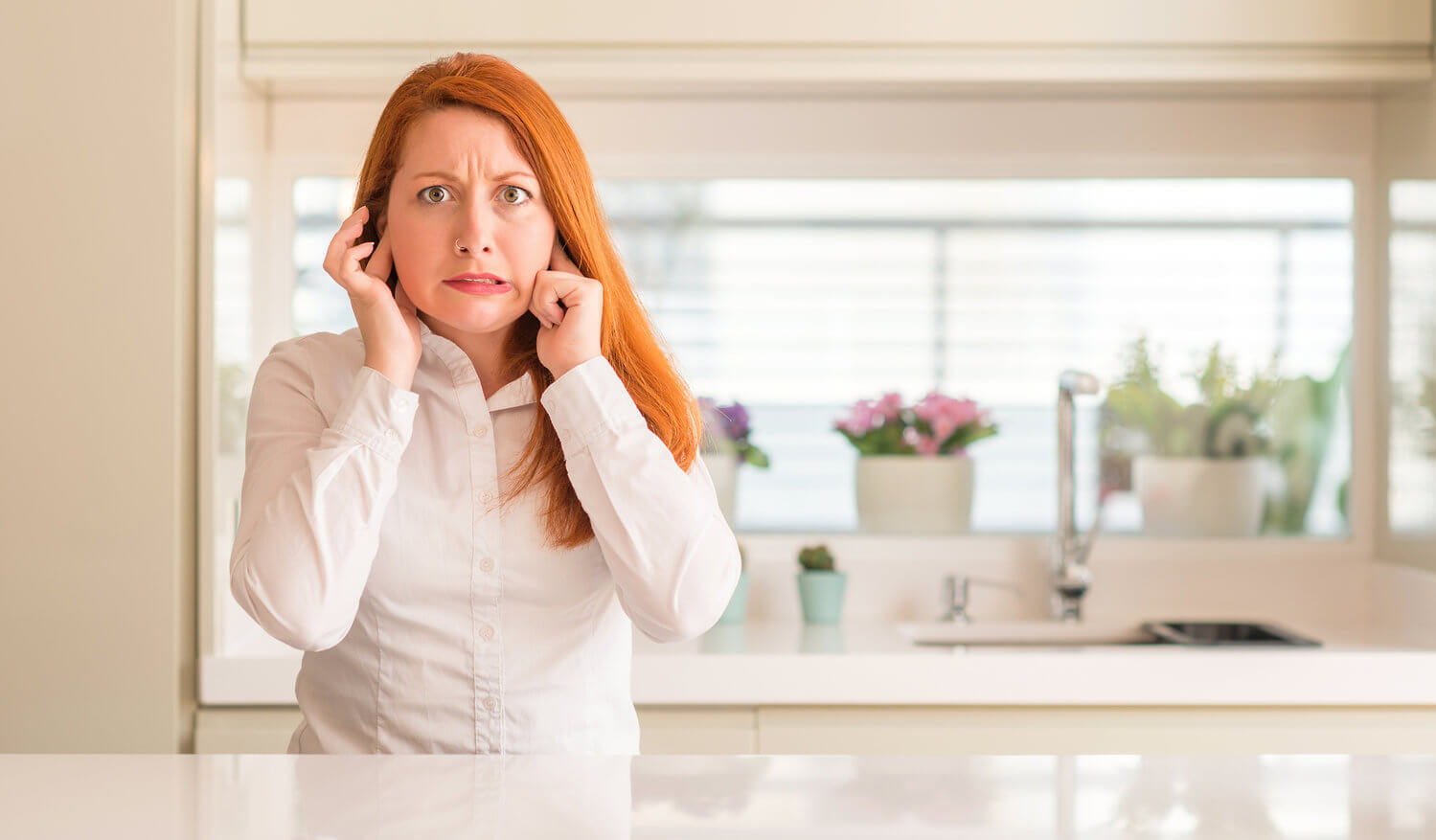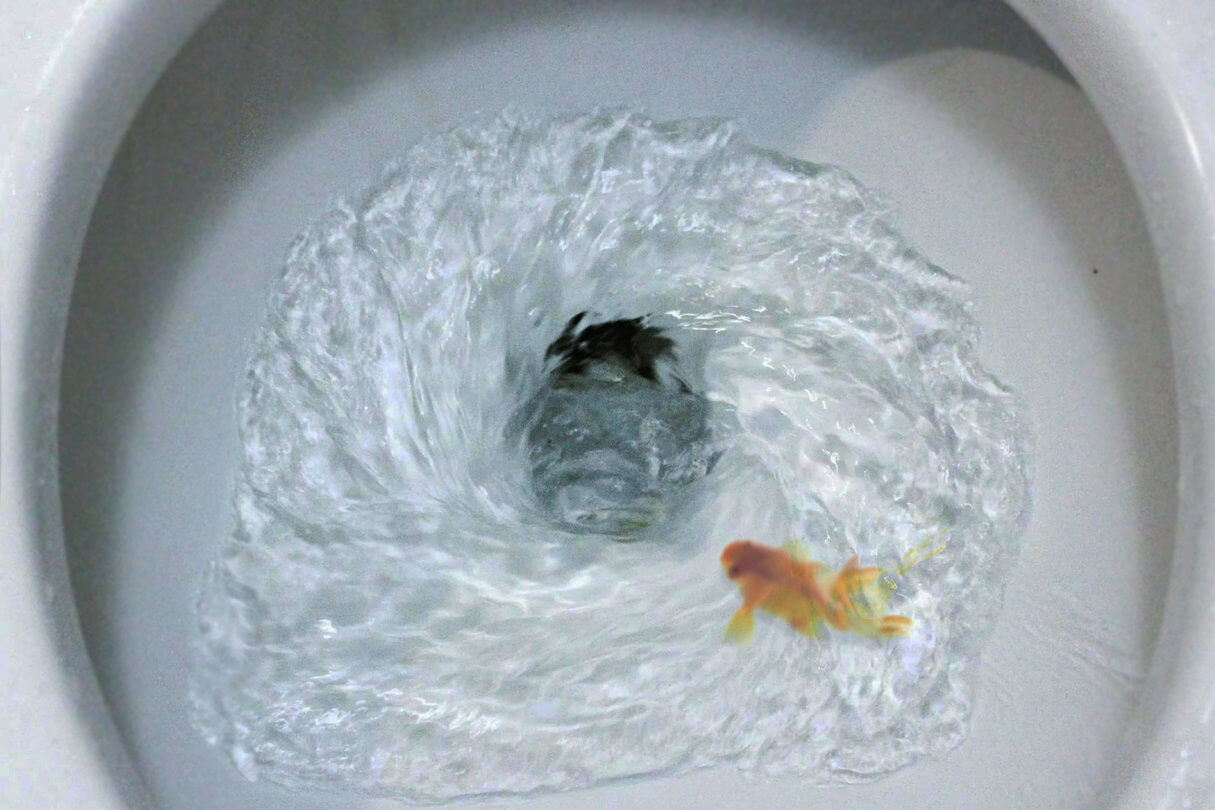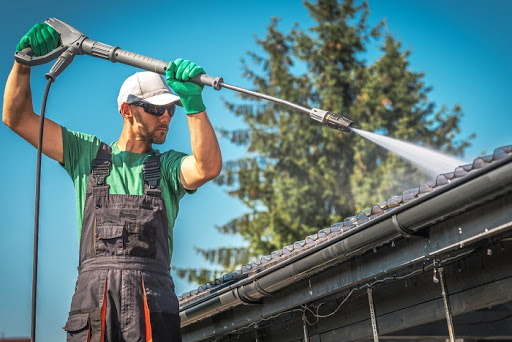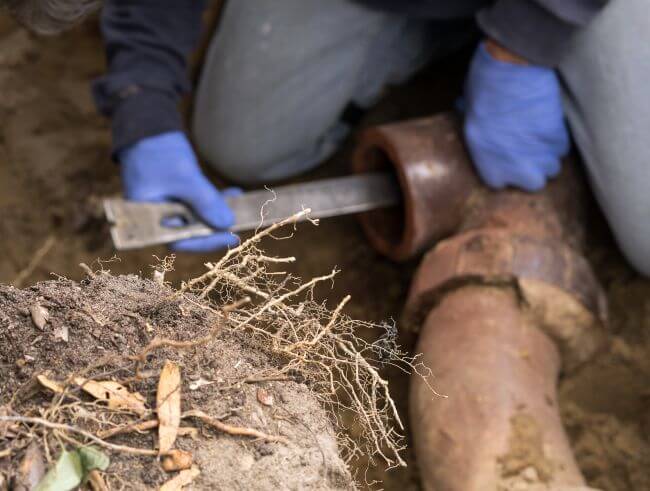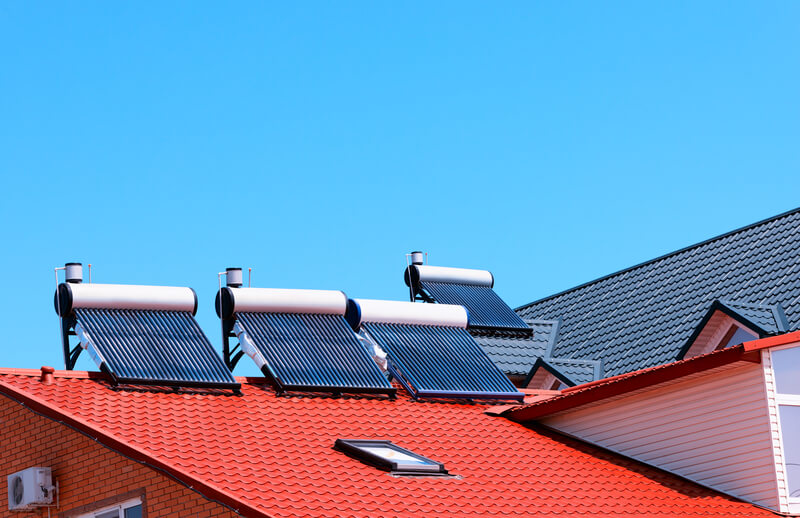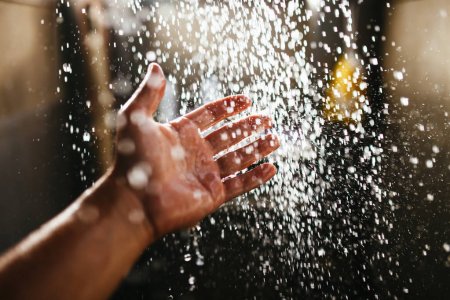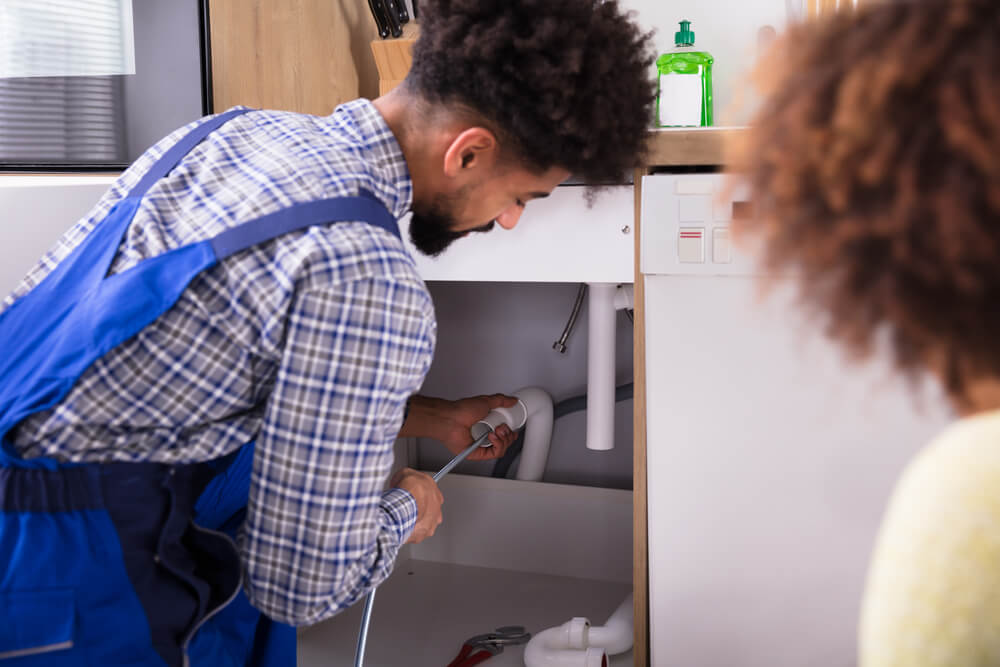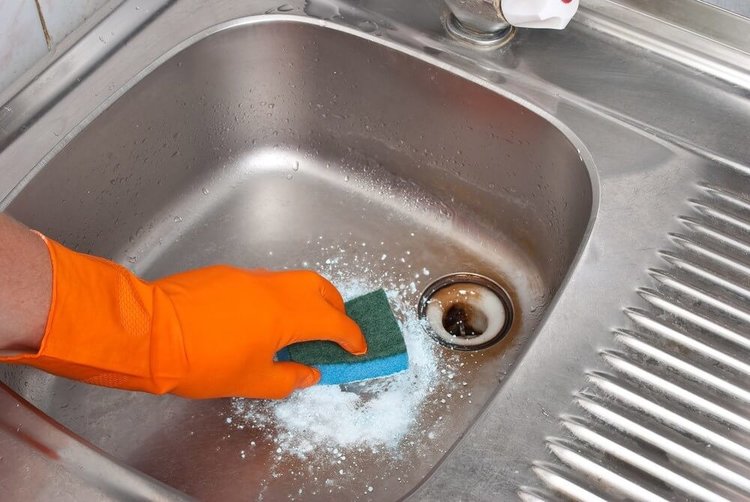
We sometimes take for granted the small things that we do that it becomes a routine. Take, for example, cleaning up the dishes. Do you scrape everything off the plate first before running it with water or putting it in the dishwasher? Or do you just allow the running water to remove the scraps? How about the small flecks like the coffee grounds that had settled at the bottom of your glass? If you are used to washing these small flecks to wash down your sink, stop and think twice before you proceed. These small flecks of solid waste can accumulate and cause blocked drains and pipes.
Here are some frequently asked questions about what is safe and harmful to pour down the sink:
Can I pour coffee grounds or tea leaves down the sink?
Never pour coffee grounds or tea leaves down the sink even though the beans and the leaves are finely ground, since this can still accumulate and stick to your pipes. If you ask any plumber, along with grease, coffee grounds and tea leaves are one of the most common reasons for blocked kitchen pipes especially since a lot of people brew their own coffee or tea at home every day. The best way to dispose of ground coffee or tea leaves is to decompose them. You can bury them on your backyard or sprinkle them on your garden to get rid of unwanted pests. Otherwise, seal them on a bag and properly dispose of it on a rubbish bin.
Can you put flour down the drain?
Never put wet flour down the drain even if it can even pass through the drain since this can harden and block your pipes. When flour is mixed with water, it creates a sticky substance that can act as a glue. Not only will this attract other solid wastes passing through to clump up, but the starch in the mixture can also expand causing the waste to enlarge and cause a blockage. The best way to dispose of flour is to decompose it. For flour stuck on plates or utensils, remember to scrape them off and seal it in a bag before properly disposing of it in a rubbish bin and if you cannot decompose.
Can you pour yogurt down the sink?
Yogurt and other dairy products should not be poured or washed down the sink because the substance cannot be easily broken down. When mixed in our waterways, this can affect the oxygen level of any aquatic life present since the process of breaking down the substance by bacteria requires a lot of oxygen. When dairy products are continuously disposed of in kitchen sinks even in small quantities, these can still affect our waterway especially if a lot of people are doing it. The best way to dispose of dairy products is to decompose it by spreading it over pasture or cultivated ground.
Is it OK to pour grease down the sink?
Never, ever pour grease down the sink even though they seem to be in a liquid state. Grease, fat or oil acts as an agent that binds and sticks solid things to your pipes. The best way to dispose of grease and other fats is to put them in a jar and letting them freeze before properly disposing of them in a rubbish bin.
Can I pour vinegar down the sink?
It is okay to pour vinegar down the sink since the acid can act as an alternative cleaning agent that can soften or dissolve trapped substances that are stuck in your drains and pipes. This is okay if you do not pour vinegar down the sink every day, for instead of working as a cleaning agent, it can corrode your drains and pipes, causing an even bigger plumbing problem.
Is it OK to pour boiling water down the drain?
It is OK to pour hot water or boiling water down the drain for this can soften the hardened substances that are starting to stick to your drains and pipes. This is okay, provided that the water is not overwhelmingly hot for this can expand your sink or melt PVC pipes.
Other things that shouldn’t be poured down the sink or washed down the drain are eggshells, raw meat trimmings, produce stickers, vegetable and fruit peels and seeds. These are usually broken down into small pieces that is why they are usually washed down the sink. But remember that these are still solid substances that can stick together and block your drains and pipes.
If you have been pouring undesirable things down your sink and it’s been a long time since you had your pipes checked, it might be time to do so now to see if there’s already a buildup preventing a healthy flow of your plumbing system. Do not make pouring or washing anything down the kitchen sink a habit. Make sure to have your plumbing checked and maintained at least once a year to see if everything is good working condition.
At The Plumbing and Gas Guys, we service blocked drains and pipes not limited to kitchen sinks, bathroom showers and toilets. Our process starts with an external inspection to see the condition of your blocked drain or pipe to see if it can be unclogged using our advanced drain machine. However, if the drain or the pipe is still blocked, we shall then proceed with using a water jitter to cut pressure and flush the blockage.
Call a professional and licensed plumber on 1800 087 244 and get your blocked drains fixed!

